
The Isle of Wight Council has spent more than £6 million in the last six years providing taxis to get pupils to and from school.
The spend on home-to-school taxis has increased year-on-year since April 2017, when only 148 pupils required transport, costing £659,534.
It meant, in that year, the council spent £4,456.31 per pupil.
The number of pupils needing home-to-school taxi transport has increased each year, with the cost now more than doubled.
At the latest count, a freedom of information request to the council revealed that in 2022/23 it has spent £1,837,793 — nearly triple the cost of 2017 — for 319 pupils.
It equates to a cost of £5,761.11 per pupil this year— an increase of £1,304 per pupil.
Between April 2017 and March 2023, the Isle of Wight Council provided 1,382 pupils with taxi transport to school costing £6,773,587.
Each year, the council provides home-to-school transport — by bus, train or taxi — to around 4,000 students.
The majority of students get a bus or coach service but taxis are available for some due to their needs or where they live.
At the moment, the council holds 138 contracts with taxi operators to provide the transport needed for students.
It is a legal requirement for the council to make sure suitable travel arrangements are in place so children who are eligible can go to school.
By law, if a pupil lives more than the minimum number of miles from their home to the nearest school, they are entitled to free school transport. That is two miles for Reception to Year 3 and three miles for Years 4 to 11.
The rise in students needing taxis to and from school has been put down to a range of factors by the cabinet member for children’s education, Cllr Debbie Andre.
She said there were inflationary operator costs and increased demand for transport provision for children with special educational needs.
With the increase in pupil numbers and costs, Cllr Andre said the council is focusing on several initiatives to reduce the cost of school transport.
They include a review of the contracted taxi routes, trying to consolidate them to make fewer journeys and vehicle provisions.
Cllr Andre also said they were exploring opportunities for children with special education needs to access more local school provision which meets their learning needs while reducing the need for transport or decreasing travel time.
She said they would also be providing eligible parents with options for parental mileage allowances or personal budgets, so they could take their children to school, replacing the need for more expensive taxi transportation.
The council will also be investigating opportunities for schools to take advantage of a ‘Spend to Save’ leased minibus scheme.
It would allow schools to undertake home transport duties while using the vehicles during the day for school trips, with the option to replace the minibus every three to four years.


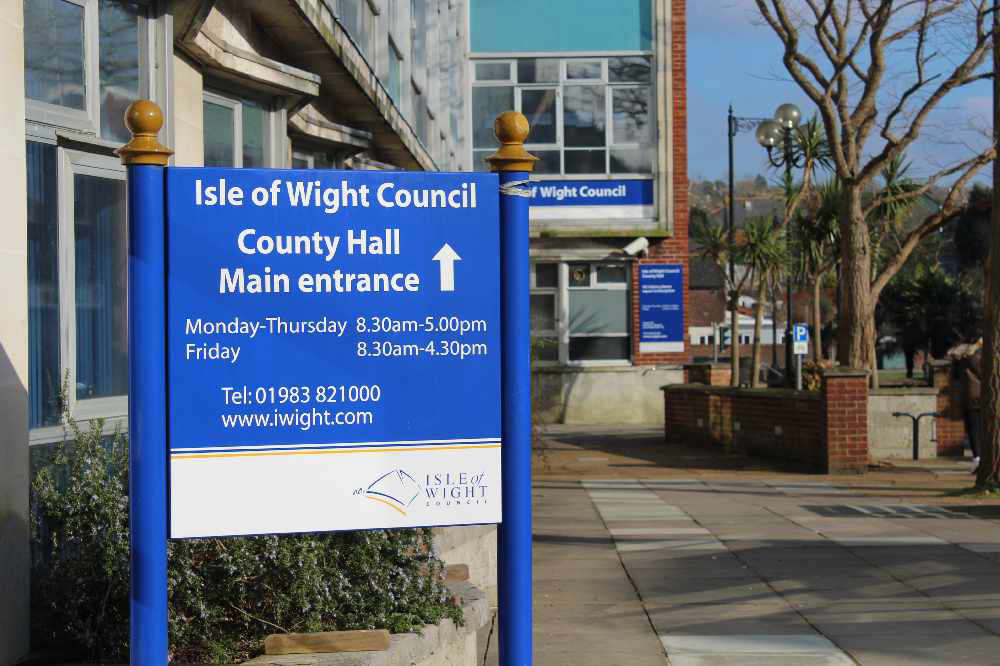 Councillor Accuses County Hall Planners Of "Intransigence" In "Correctly" Applying Planning Law
Councillor Accuses County Hall Planners Of "Intransigence" In "Correctly" Applying Planning Law
 Cabinet Asked Whether School Closure Plans Are "Truly Financially Viable"
Cabinet Asked Whether School Closure Plans Are "Truly Financially Viable"
 G4's Mike Christie To Release Walk The Wight Song In Aid Of Mountbatten
G4's Mike Christie To Release Walk The Wight Song In Aid Of Mountbatten
 Victorian Society Objects To 'Needlessly Damaging' Proposals For Isle Of Wight Church
Victorian Society Objects To 'Needlessly Damaging' Proposals For Isle Of Wight Church
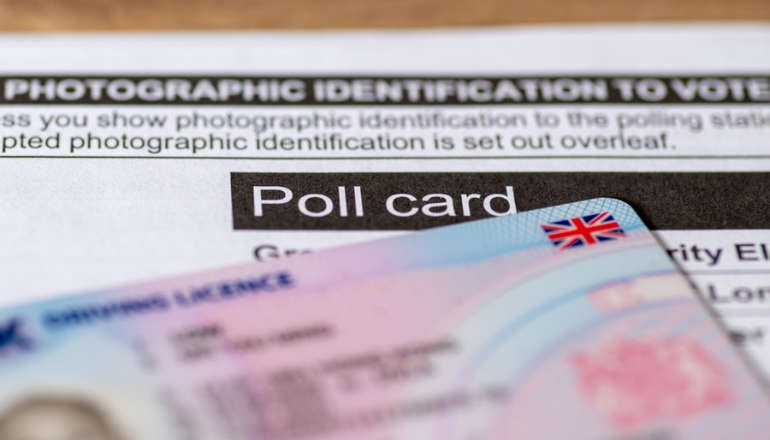 Isle Of Wight Council By-Election Likely To Be Held In May
Isle Of Wight Council By-Election Likely To Be Held In May
 Council Opens Enforcement Case In Response To Developer's "Alleged Breach Of Planning Controls"
Council Opens Enforcement Case In Response To Developer's "Alleged Breach Of Planning Controls"
 Find Out How Council's £600,000 Leeson Road Investment Will Be Spent
Find Out How Council's £600,000 Leeson Road Investment Will Be Spent
 Police Teams Head To Ryde Hostel As Ongoing Investigations Gather Momentum
Police Teams Head To Ryde Hostel As Ongoing Investigations Gather Momentum
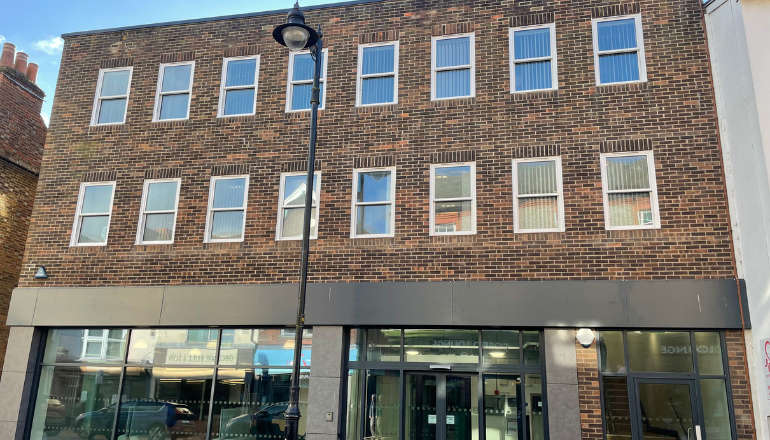 New High Street Health And Wellbeing Centre To Open In Newport
New High Street Health And Wellbeing Centre To Open In Newport
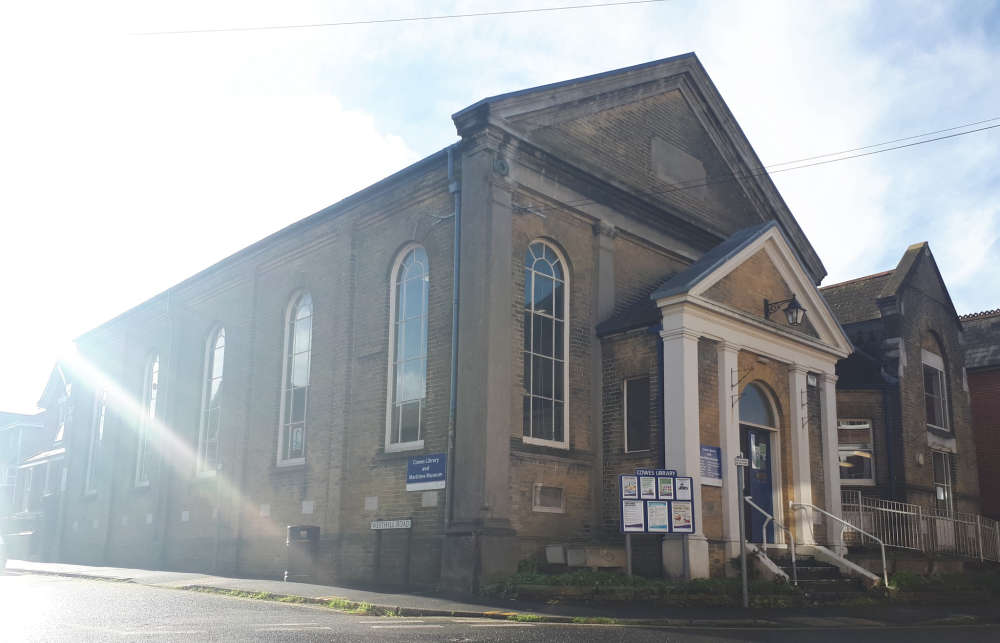 Cowes Library Set To Undergo Building Works To Improve Accessibility
Cowes Library Set To Undergo Building Works To Improve Accessibility
 Isle Of Wight Park Could Be Upgraded As Part Of Council Works Scheme
Isle Of Wight Park Could Be Upgraded As Part Of Council Works Scheme
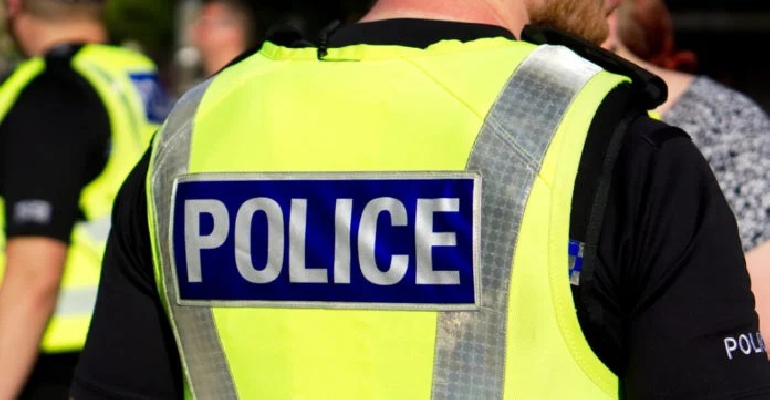 Enquiries Continuing At Ryde Residential Address Following Death Of 45 Year-Old Man
Enquiries Continuing At Ryde Residential Address Following Death Of 45 Year-Old Man
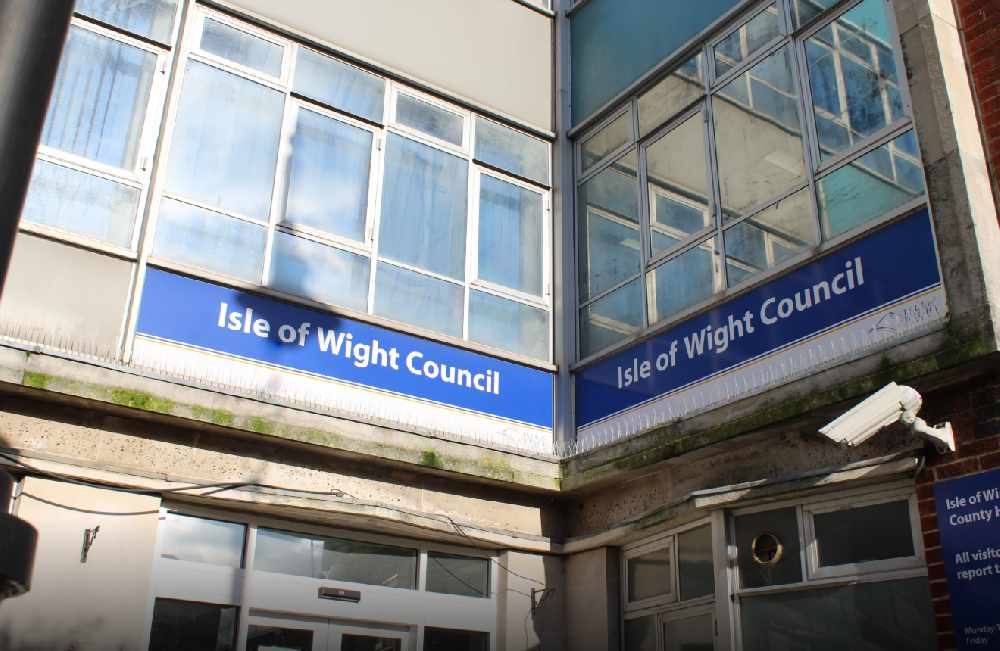 "Treated Shamefully": County Hall Watchdog Lashes Out At Cabinet
"Treated Shamefully": County Hall Watchdog Lashes Out At Cabinet
 Residents And Councillors Rally Against 20-Metre 'Eyesore' Telecoms Mast
Residents And Councillors Rally Against 20-Metre 'Eyesore' Telecoms Mast
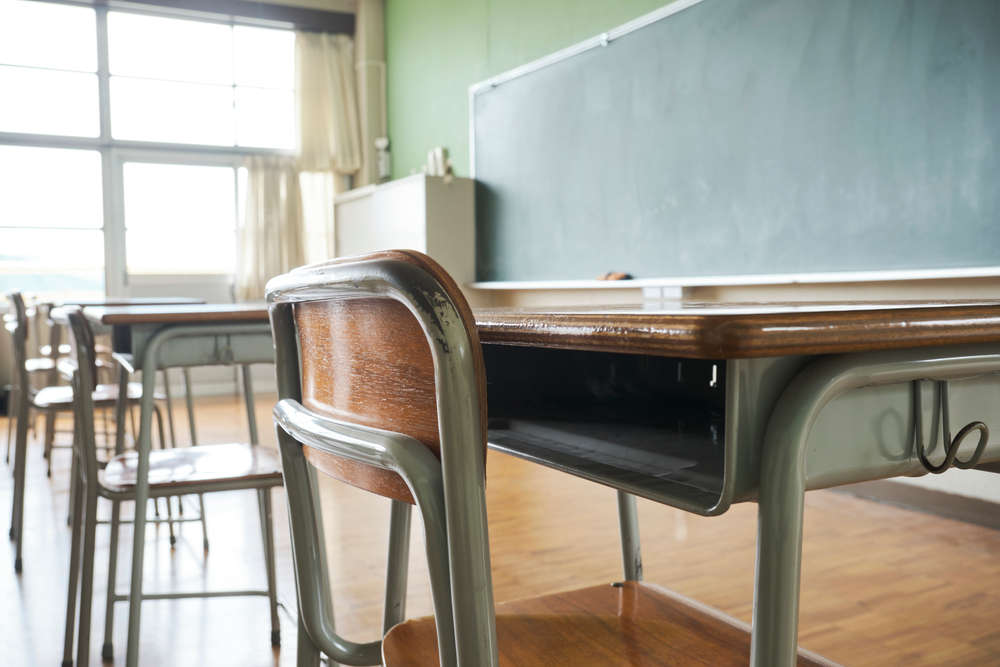 Unions To Hold Indicative Strike Ballots Over 'Potentially Catastrophic' School Closure Plans
Unions To Hold Indicative Strike Ballots Over 'Potentially Catastrophic' School Closure Plans
 Bob Back On The Job: Former MP Seely Returns To Politics With Freshwater Parish Council
Bob Back On The Job: Former MP Seely Returns To Politics With Freshwater Parish Council
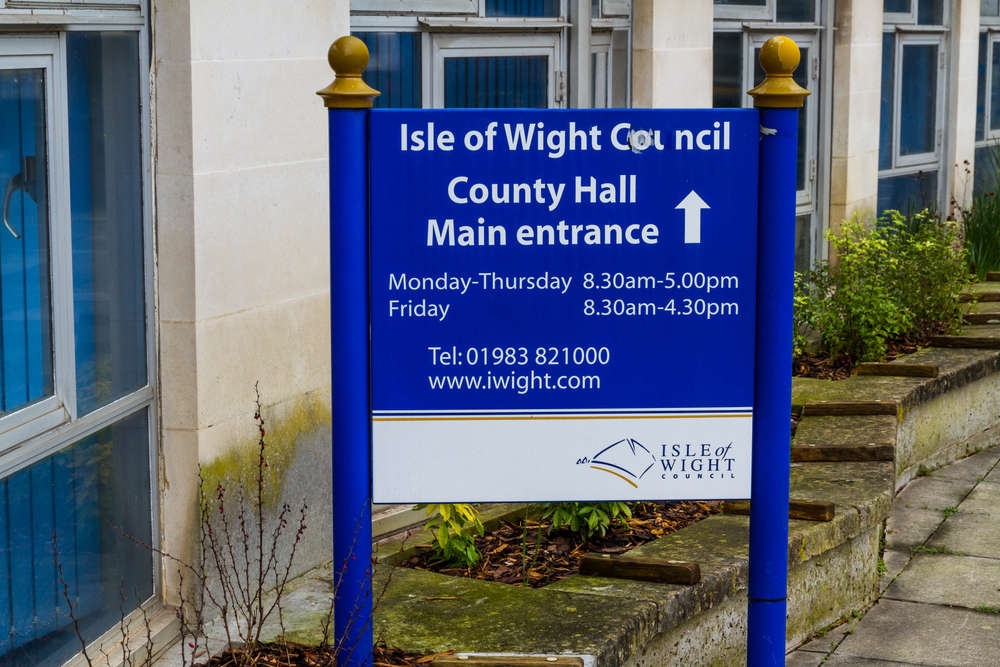 Major Investment To Transform Adelaide Care Home In Ryde
Major Investment To Transform Adelaide Care Home In Ryde
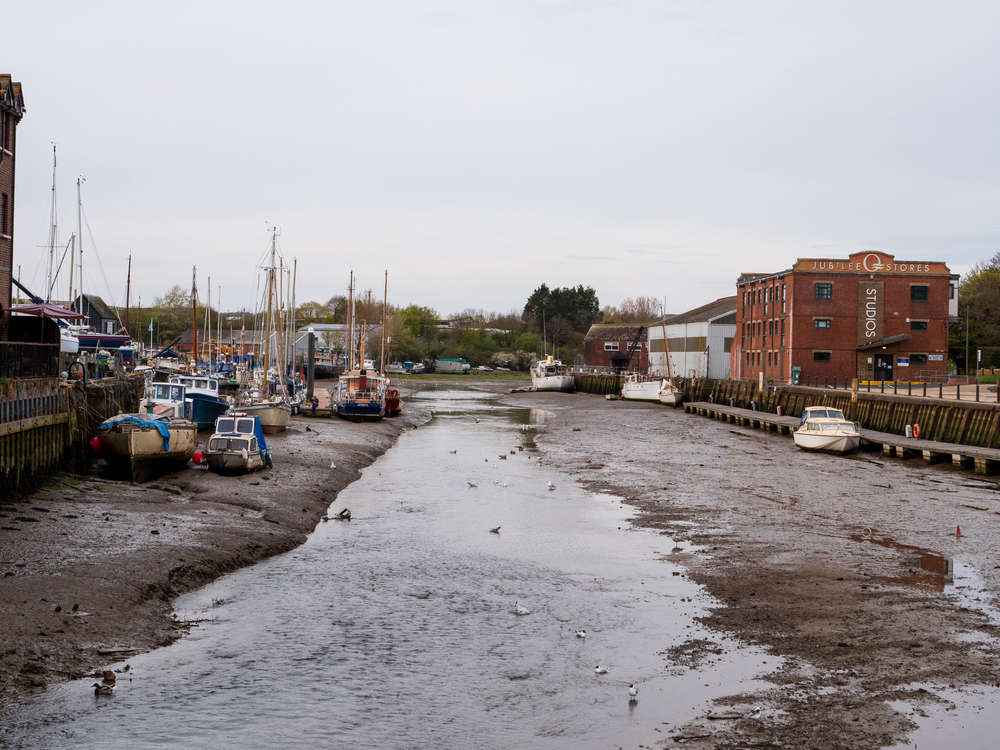 Call To Honour Island Heroes Of Dunkirk With Newport Harbour Memorial Cairn Given Green Light
Call To Honour Island Heroes Of Dunkirk With Newport Harbour Memorial Cairn Given Green Light
 MP Joe Robertson Hosts Round Table Discussion On Safer Phones
MP Joe Robertson Hosts Round Table Discussion On Safer Phones
 New Coordinator To Support Vulnerable Communities Affected By Landslides And Coastal Erosion
New Coordinator To Support Vulnerable Communities Affected By Landslides And Coastal Erosion


